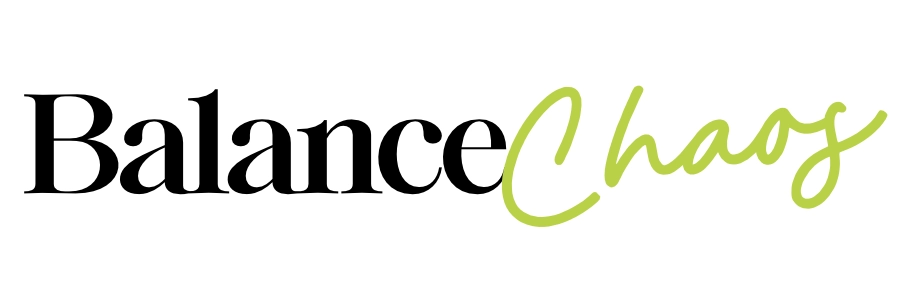A healthy relationship with food. Sounds nice, right? Easy enough. Just educate yourself on what is healthy and start eating that way. If only it were that simple. Sadly, many of us are at war with food and our bodies in a nasty, obsessive, destructive way. Most of us have an unhealthy relationship with food. I’ll be the first to admit to you that I have come a long way just in the past year in establishing my own healthy relationship with food. Wait, what? Chelsea, healthy Chelsea, the personal trainer, gymnast, bgirl, (insert whatever label you want to put on me) had issues with food?! Yes, yes I did. Let’s be real. If I never had any issues with this, I wouldn’t be able to understand and sympathize with others.
I have a lot to say about this subject, so I’ll break it up into a bunch of posts and spread it out, so we don’t get too overwhelmed with one subject.
A healthy relationship with food could (but doesn’t have to) be:
- Eating when you’re hungry
- Stopping when you’ve had enough
- Listening to your body’s wants and needs (rational cravings)
- Planning meals ahead but not holding yourself to a rigid schedule or menu
- Eating with people
- Enjoying food
- Not revolving your life around food
- Not feeling guilty about food
- Allowing yourself to feel hunger and stuffed
- Overeating occasionally
- Undereating occasionally
- Not using food as a coping mechanism
- Knowing where your food comes from
- Feeling that investing time and money into your eating/cooking/food culture is worth it (but not obsessing)
Feel free to make your own list of what you think a healthy relationship with food is, piggy-backing off of Nancy’s list and my own. This might change as you become more accepting of your body, your food choices, your exercise habits, your life, whatever.
I want to highlight one of those bullet points: not feeling guilty about food. This is a big one for me and for so many people. I think a lot about food. Nutrition is important. But our lives should not revolve around food. That’s no fun, especially if you’re always worrying and feeling guilty about it! Not fun, and definitely not healthy! Read more about food guilt in my next post!


